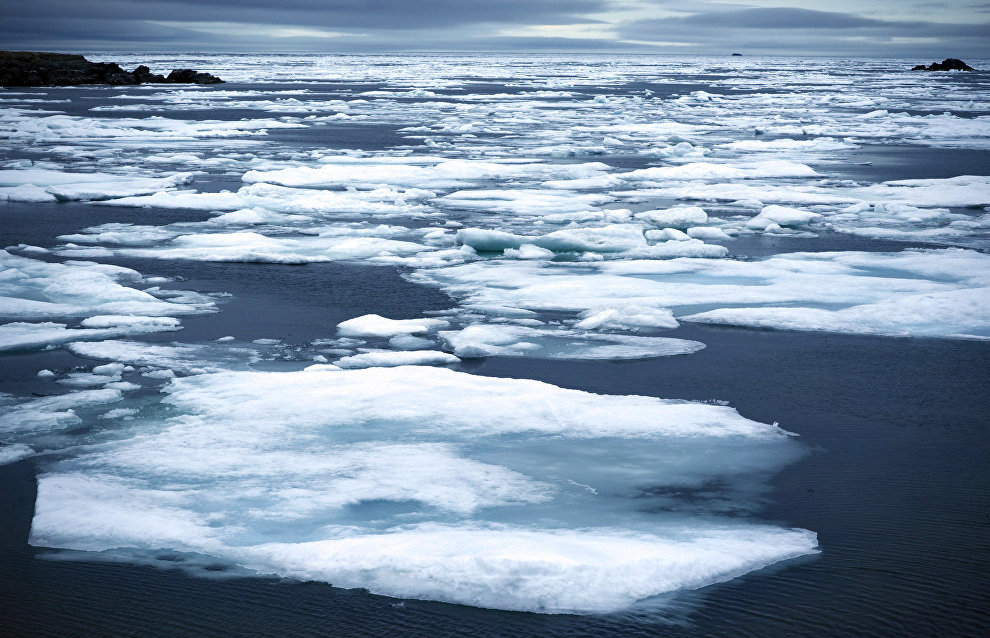Russia to offer Arctic Council countries its own cross-border cooperation program
Interregional cooperation in the context of the global Arctic was an issue of focus at a regular meeting of the Lena Club held as part of the 2nd Northern Sustainable Development Forum. Alexander Krutikov, Deputy Minister for the Development of the Russian Far East and Arctic, noted that the level of practical cooperation between the Arctic regions of Russia and other countries is extremely low, which results in many lost opportunities when it comes to trade and exports of products manufactured in the Russian Arctic.
“During Russia’s chairmanship in the Arctic Council, we plan to offer our regions and our partners in the council a new program for promoting cross-border cooperation and interregional links, including with respect to the small-numbered indigenous peoples. The program will allow the launch of joint projects between the regions of the Arctic states,” said Alexander Krutikov.
He added that stimulating Russian exports is part of the country’s Arctic Zone Development Strategy until 2035.
As the Lena Club meeting focused on intensifying interregional cooperation between the Russian Arctic regions, the deputy minister also outlined several vectors for interregional cooperation that are included in the strategy that is awaiting presidential signature.
“The draft strategy provides for revisiting the current service standards. When the population density in the Arctic zone is below one person per square kilometer, the standards that are universal for the entire country cease to function there. Quality social services, healthcare, education, cultural and sports facilities are often beyond people’s reach. Simply reviewing these standards is not enough. People’s direct needs must be taken into account. The new strategy does exactly that. To be specific, one task under the strategy is developing a major plan for social infrastructure facilities in the Arctic based on the actual transport accessibility of respective residential areas,” the deputy minister reported.
He added that once the plan has been developed, it would become clear that interregional cooperation needed to be expanded because in certain cases transport accessibility makes it more reasonable to get certain services in the neighboring region. The proximity of the Arkhangelsk Region and the Nenets Autonomous Area is the most telling example.
“Another dimension is changing approaches to urban development in the Arctic. The current approaches are not giving enough consideration to the specifics of the Arctic zone. We agreed with our colleagues from the Ministry of Construction that a separate urban development standard will be prepared for the Arctic and this standard will be referred to when providing support under various landscaping programs. Importantly, the statutory sanitary and epidemiological requirements will be reviewed along with the development of the new standard. This is where cooperation between the regions will be extremely important, in order to create a viable and functional standard that meets the interests of the local population,” Alexander Krutikov explained.
The areas listed by the deputy minister as requiring interregional cooperation include the supply of goods to the northern territories which is not organized in a way so as to ensure availability of affordable products and medication to the Arctic population.
“The northern supply program must be started from scratch and made transparent. Without transparency, we cannot expect any government support. Right now we are looking into the experience of other northern countries. There are certain successful practices that involve building transparent supply chains coming directly from producers, with fixed prices. In these circumstances, the government assumes the major part of the expenses, that is, the cost of logistics. We are currently developing a similar program for the supplies to the Arctic territories. This program will soon be discussed with regional officials,” the deputy minister said.
Other areas that require regions to cooperate with each other include developing a system of professional training and expanding ship navigation on the Arctic rivers.
